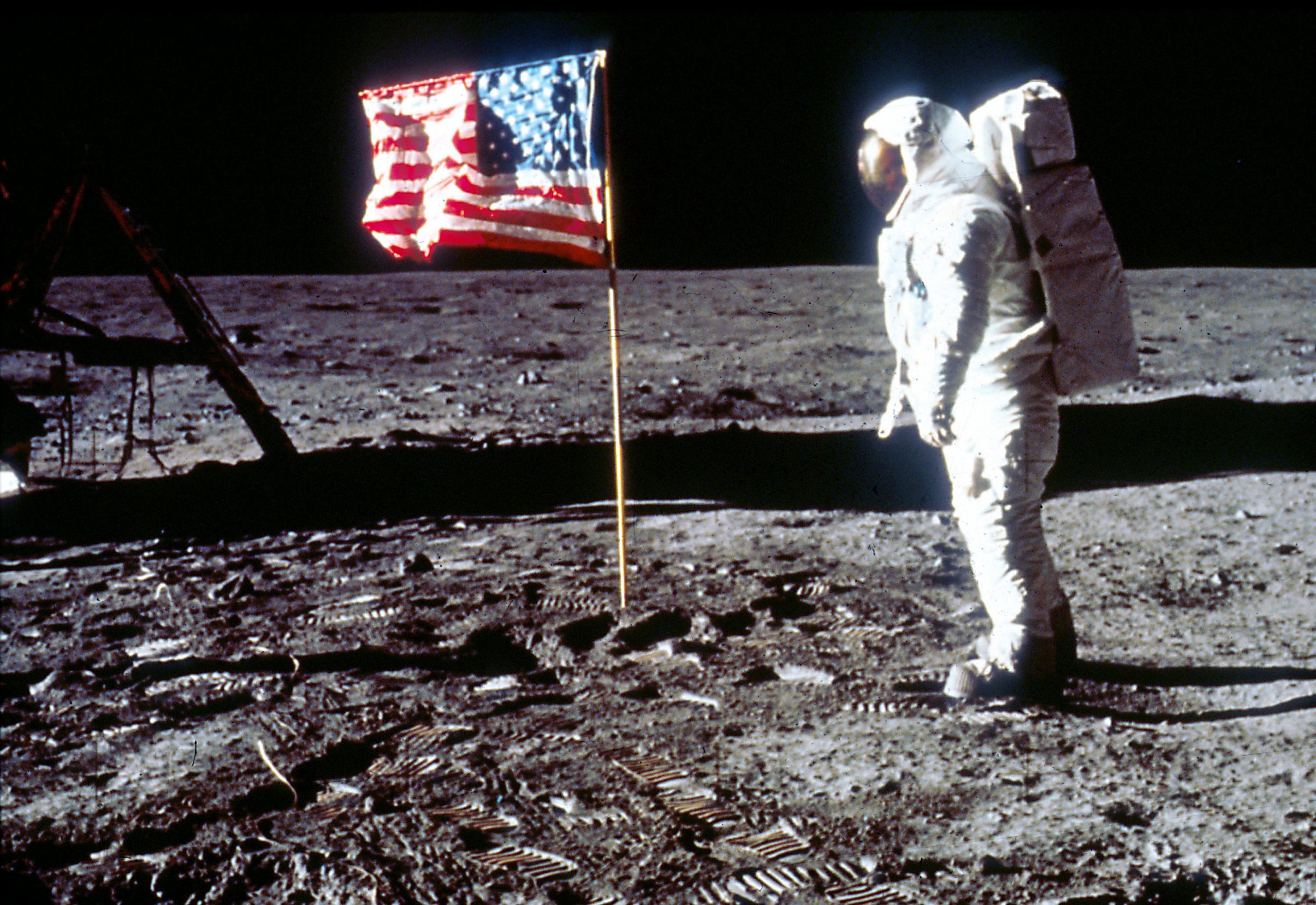
Twelve humans have set foot on a planetary body beyond Earth. All 12 were men, walking on the Moon during the late 1960s and early 1970s as part of the Apollo missions.
Allison McIntyre, who oversees NASA's Space Vehicle Mockup Facility in Houston, the home base for astronaut training, said it's only fair that a woman takes humanity's first steps on Mars, the BBC reported.
"My center director is a woman, my former division chief is a woman," McIntyre told the BBC. "We have female astronauts, but we haven't put a woman on the Moon yet, and I think the first person on Mars should be a woman."
Related: Black female astronaut Mae Jemison explains the origin of life and how to save Earth
The Apollo missions that landed on the Moon all took place before NASA decided to accept female astronauts, in 1978. That's despite 13 women meeting precisely the same qualifications required of the men who would become the very first American astronauts, for the Mercury missions. (Russia—at the time, the Soviet Union—sent the first woman, Valentina Tereshkova into space in 1963.)
NASA's first female astronaut to fly in the space shuttle, Sally Ride, notoriously had to explain that she wouldn't need 100 tampons for a week in space, in 1983.
Regardless of gender, it's unclear when the first human could set foot on Mars. While President Obama directed NASA during his administration to focus on reaching Mars, President Donald Trump has emphasized returning to the Moon instead.
And desire aside, engineers still have to tackle huge challenges in putting a human on Mars, where it's extremely difficult to execute a soft landing. A crewed spaceship would weigh about 20 times as much as anything scientists have put on the red planet's surface so far—and would contain fragile humans that NASA would want to survive the experience.
Uncommon Knowledge
Newsweek is committed to challenging conventional wisdom and finding connections in the search for common ground.
Newsweek is committed to challenging conventional wisdom and finding connections in the search for common ground.
About the writer
Meghan Bartels is a science journalist based in New York City who covers the science happening on the surface of ... Read more
To read how Newsweek uses AI as a newsroom tool, Click here.








